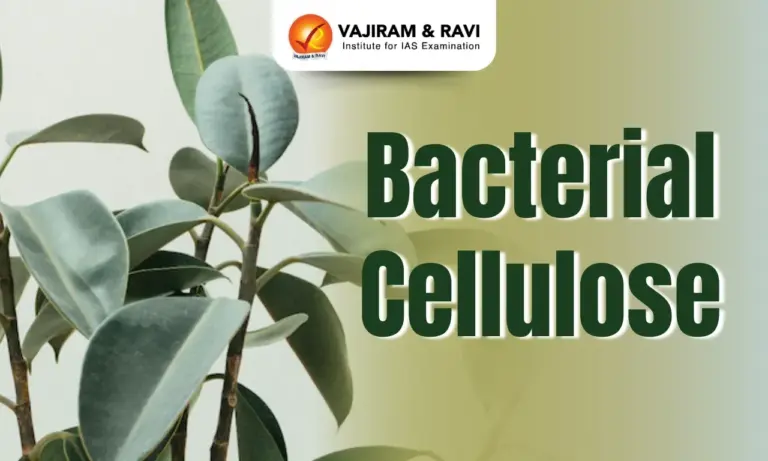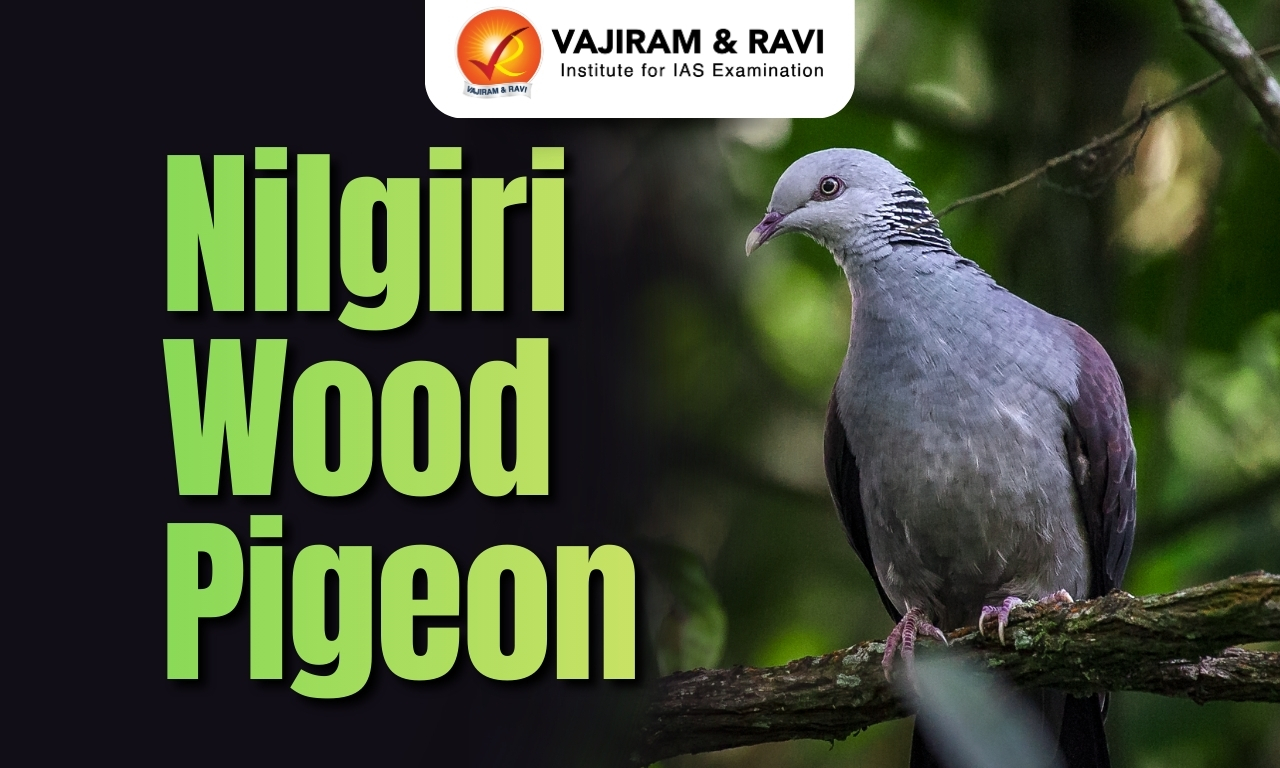Bacterial Cellulose Latest News
Recently, researchers reported in a study that Bacterial cellulose can be used as a bandage to significantly improve healing and regeneration in plants.
About Bacterial Cellulose
- It is a natural polymer produced by certain bacteria.
- It has been identified as an effective material for plant wound care. Its unique properties facilitate improved healing and regeneration in plants.
Advantages of Bacterial Cellulose
- It offers a sustainable solution to plant injuries, potentially reducing the reliance on chemical treatments.
- This method not only promotes healthier plant growth but also aligns with eco-friendly agricultural practices.
- By enhancing the natural healing processes of plants, farmers can expect improved crop yields and resilience, contributing to food security and environmental conservation.
- This advancement in plant care underscores the potential of integrating biotechnology into agriculture, paving the way for more resilient and sustainable farming systems.
Key Facts about Cellulose
- It is a molecule, consisting of hundreds – and sometimes even thousands – of carbon, hydrogen and oxygen atoms.
- Cellulose is the main substance in the walls of plant cells, helping plants to remain stiff and upright.
- Humans cannot digest cellulose, but it is important in the diet as fibre.
Bacterial Cellulose FAQs
Q1: What is the formula for bacterial cellulose?
Ans: The cellulose from plants and bacteria is the same molecular form of (C6H10O5) n;
Q2: What are the benefits of bacterial cellulose?
Ans: Bacterial cellulose (BC) has attractive features in wound healing, including its suitability as a wound-dressing material, elasticity, bacterial inhibition, vapor permeability, and low cost.
Q3: What are the advantages of bacterial cellulose?
Ans: Bacterial cellulose possesses excellent physicochemical and mechanical properties, adequate capacity to absorb a large quantity of water, non-toxicity, chemical inertness,
Source: IE
Last updated on February, 2026
→ UPSC Notification 2026 is now out on the official website at upsconline.nic.in.
→ UPSC IFoS Notification 2026 is now out on the official website at upsconline.nic.in.
→ UPSC Calendar 2026 has been released.
→ UPSC Final Result 2025 is expected to be released in the first week of March 2026.
→ Check out the latest UPSC Syllabus 2026 here.
→ Join Vajiram & Ravi’s Interview Guidance Programme for expert help to crack your final UPSC stage.
→ UPSC Mains Result 2025 is now out.
→ UPSC Prelims 2026 will be conducted on 24th May, 2026 & UPSC Mains 2026 will be conducted on 21st August 2026.
→ The UPSC Selection Process is of 3 stages-Prelims, Mains and Interview.
→ Prepare effectively with Vajiram & Ravi’s UPSC Prelims Test Series 2026 featuring full-length mock tests, detailed solutions, and performance analysis.
→ Enroll in Vajiram & Ravi’s UPSC Mains Test Series 2026 for structured answer writing practice, expert evaluation, and exam-oriented feedback.
→ Join Vajiram & Ravi’s Best UPSC Mentorship Program for personalized guidance, strategy planning, and one-to-one support from experienced mentors.
→ Check UPSC Marksheet 2024 Here.
→ UPSC Toppers List 2024 is released now. Shakti Dubey is UPSC AIR 1 2024 Topper.
→ Also check Best UPSC Coaching in India


















